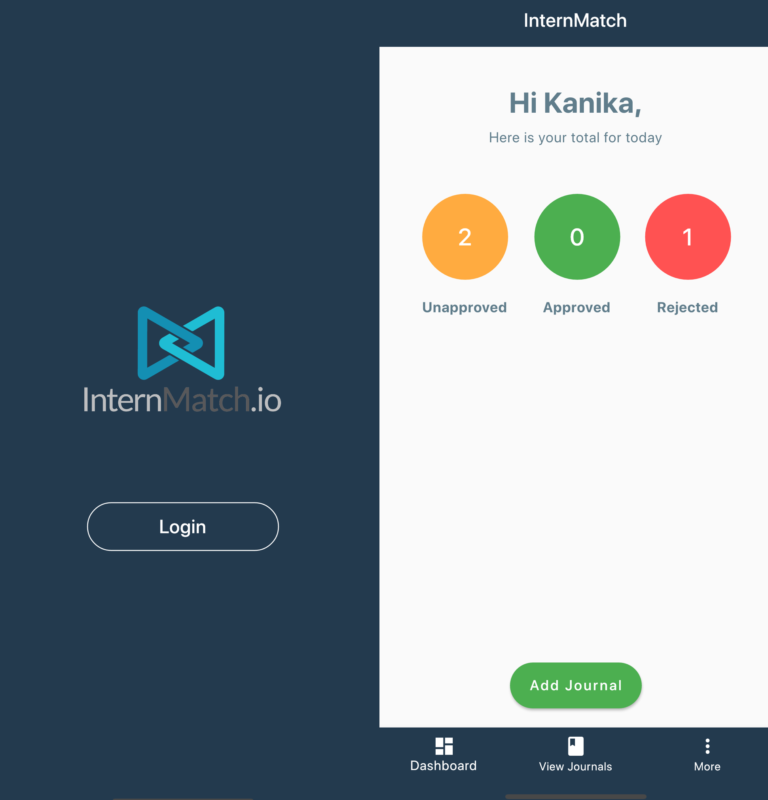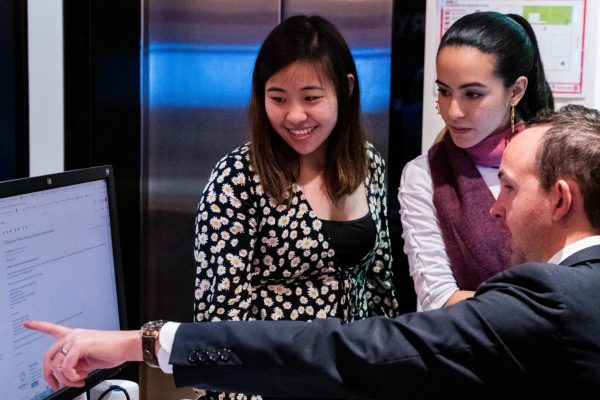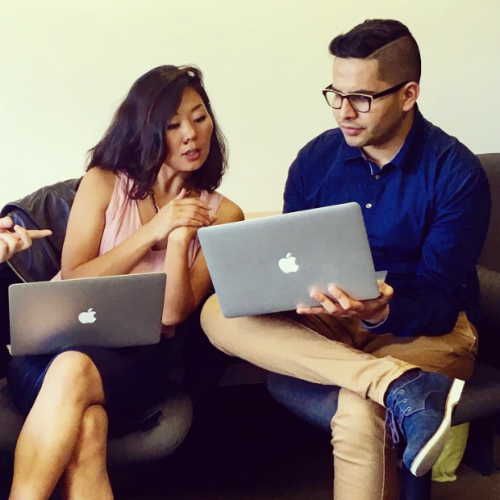
Your internship logbook
While your internship is a great chance to experience Australian work culture and get a feel for real hands-on work in your chosen industry, it’s important to remember that it’s also a learning experience for you.
To meet your required learning outcomes for the internship, and for your own valuable personal reflection on the experience you’ve gained, you are required to complete logbook for every day that you attend your internship.
Your logbook should contain all the key information needed to verify your learning and should include a summary of your experiences, learning and tasks completed each day.
To complete your logbook, log into InternMatch on your desktop or download our easy-to-use logbook app “InternMatch”. Downloaded to your phone, the InternMatch logbook app is an accessible and simple way to enter your logbooks every day.
What to include in your logbook
Your logbook should include information for each day that you attend your internship, along with the date and the number of hours that you attended the internship. This information is essential for your logbook to be accepted for credits.
Your logbook should include details of what you did during the hours of your internship. These could include:
- Meetings you attended and any contribution you made to the meeting
- Completed tasks or projects
- Discussions with teammates
- Programs or sofware you used to complete your tasks
- Research you conducted and where/what you researched
Remember, your supervisor will be asked to check your logbook and sign it off to make sure it’s accurate, so you should ensure that you have included everything you’ve done that day (and don’t make it up!)


If you have any questions...
The Outcome.Life team are always here to answer any questions or help with any problems you might encounter during your internship.
You can contact us between 9am – 5pm, Monday – Friday at:
Phone: 03 8899 7424
Email: hello@outcome.life
Or fill in the form below and we will get back to you as soon as possible.


















